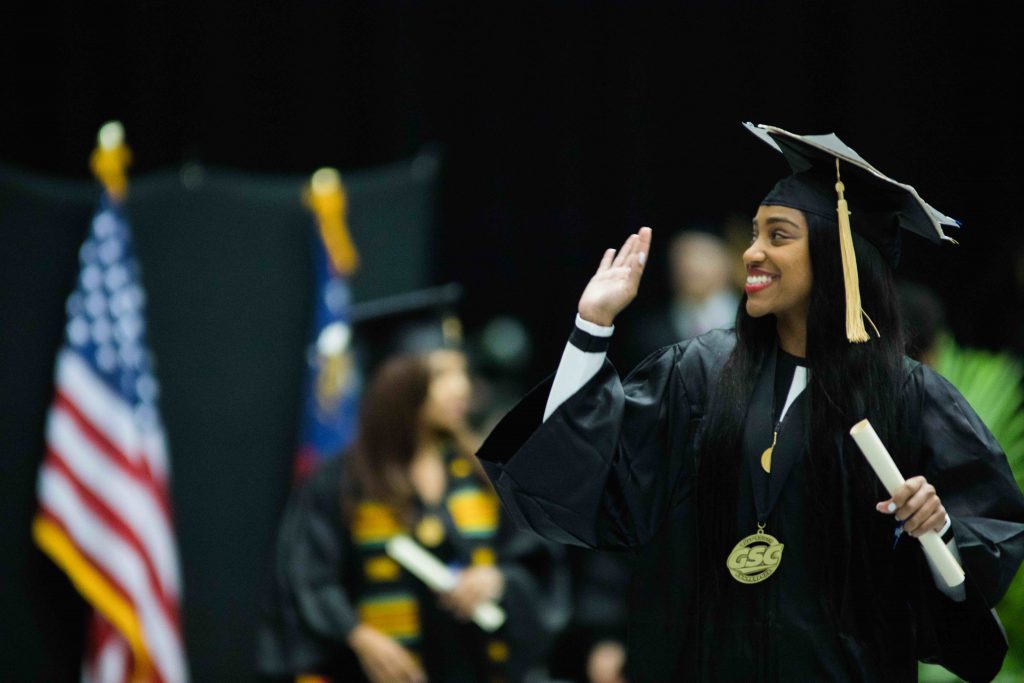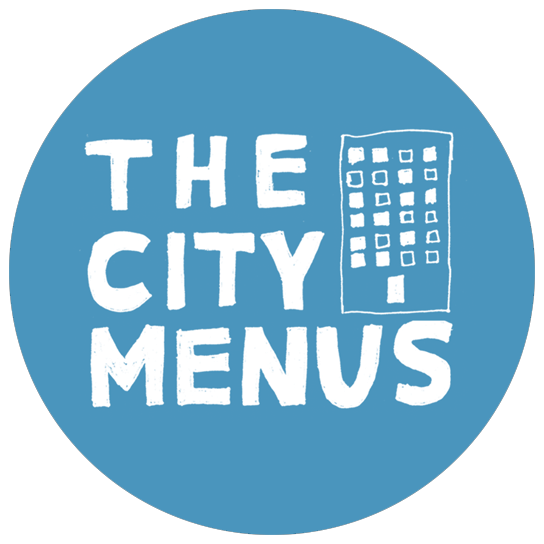
When University of West Georgia graduates turn their tassels on May 10, they’ll enter a stronger job market than those before them in the past decade.
That’s what Dr. William “Joey” Smith, chair and professor in the Department of Economics in UWG’s Richards College of Business, predicts. Smith’s department hosts the annual UWG Economic Forecast Breakfast, and he spends time outside of class following trends and observing the economic landscape.
“The growth we’ve experienced over the past few years has compounded, and businesses are finally feeling the need to start hiring a large number of new employees again,” Smith said. “During the recession, it was almost as if every firm had an aversion to hiring new people, even if they were still doing relatively well. That’s kind of over now.”
This is good news for UWG graduates who are entering a Georgia labor market that’s bottoming out at a 4.5 percent unemployment rate with increasing incomes. The good news stretches nationally, too. Reports from the U.S. Department of Commerce show consumer spending is up and jobless claims are at a 45-year low.
“Graduates from the past couple of years are reaping the rewards of a greater amount of optimism in the economy,” Smith said, adding that new degree programs are helping as well. “There are a lot of new positions and new fields that are geared more toward young people. Here at UWG, we offer a certificate in data analytics. That’s not a skill set that a high number of 40- and 50-year-olds can post on their résumés.”
Smith encourages students graduating later this year to ensure they’ve had some experience in the labor market to get an edge on the competition.
“Everyone should do an internship, volunteer or find a way to perform a job other than one that just pays the bills,” Smith said. “Practical jobs are important right now, but, in the long run, students will be glad they took on something that got them into the workforce and challenged them to flex their mental muscles.”
Smith said graduates from all majors have reason to feel optimistic.
“For example, shortages in the health care industry mean those jobs are going to offer wages more than double what we saw 15 years ago — presenting an advantageous opportunity for our nurses and other students pursuing careers in the health care field,” Smith said. “Statistics have also shown that graduates with liberal arts degrees — in something like English or philosophy — are finding jobs and experiencing pay increases in the first year on the job.”
Smith admitted economists typically aren’t so upbeat.
“But I am,” he said. “A lot of the students we have graduating this year have heard stories from their older peers who graduated in the 2010-2012 range about the dire state of the job market. Fortunately, that’s no longer the case.”

